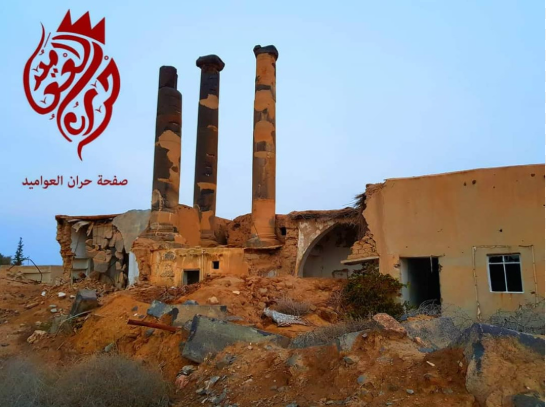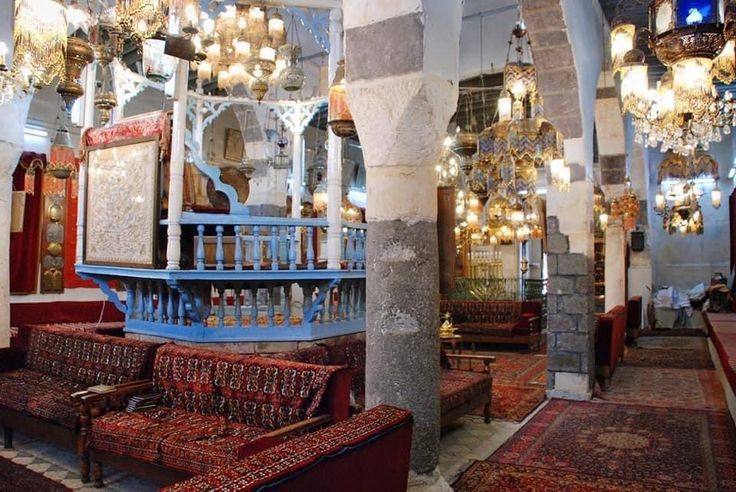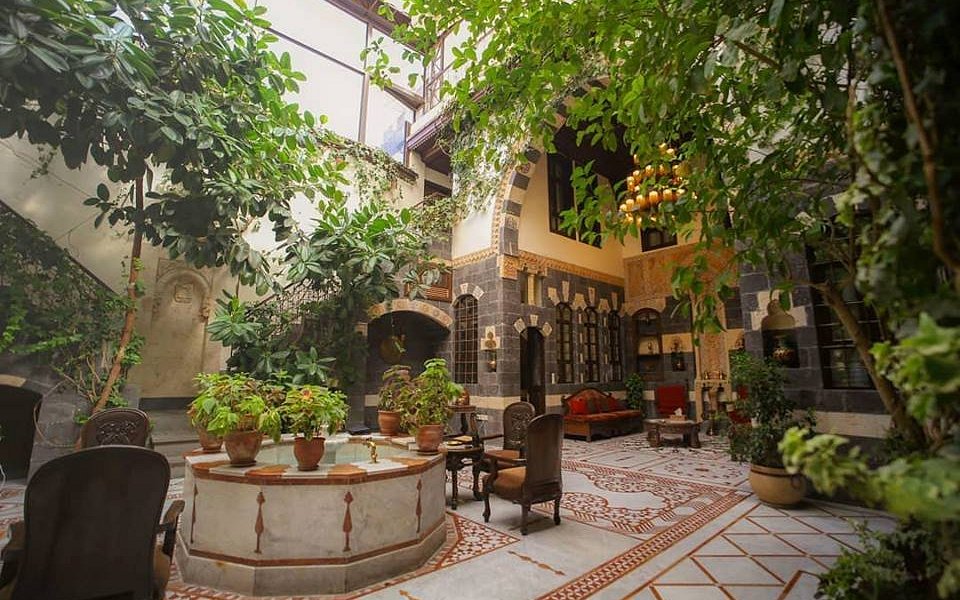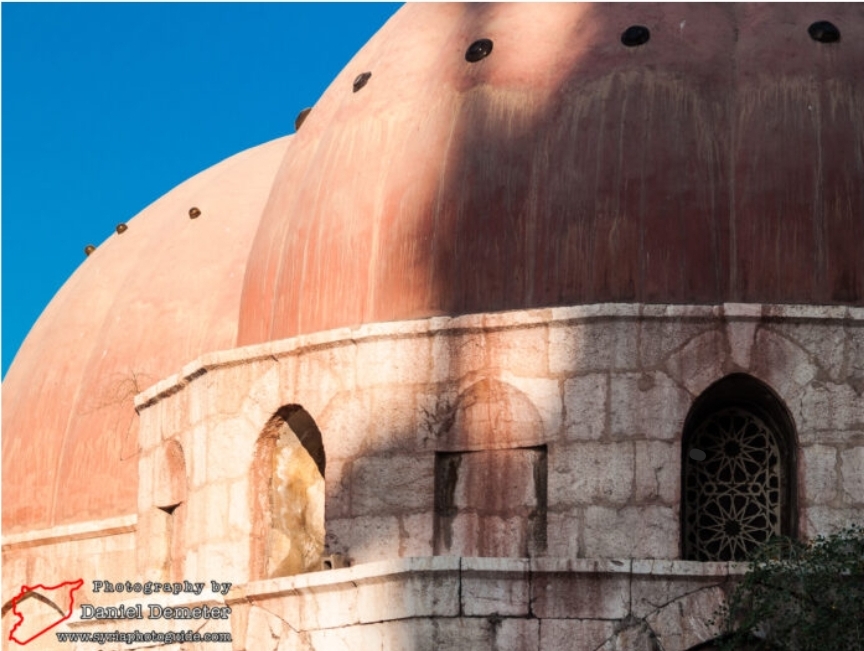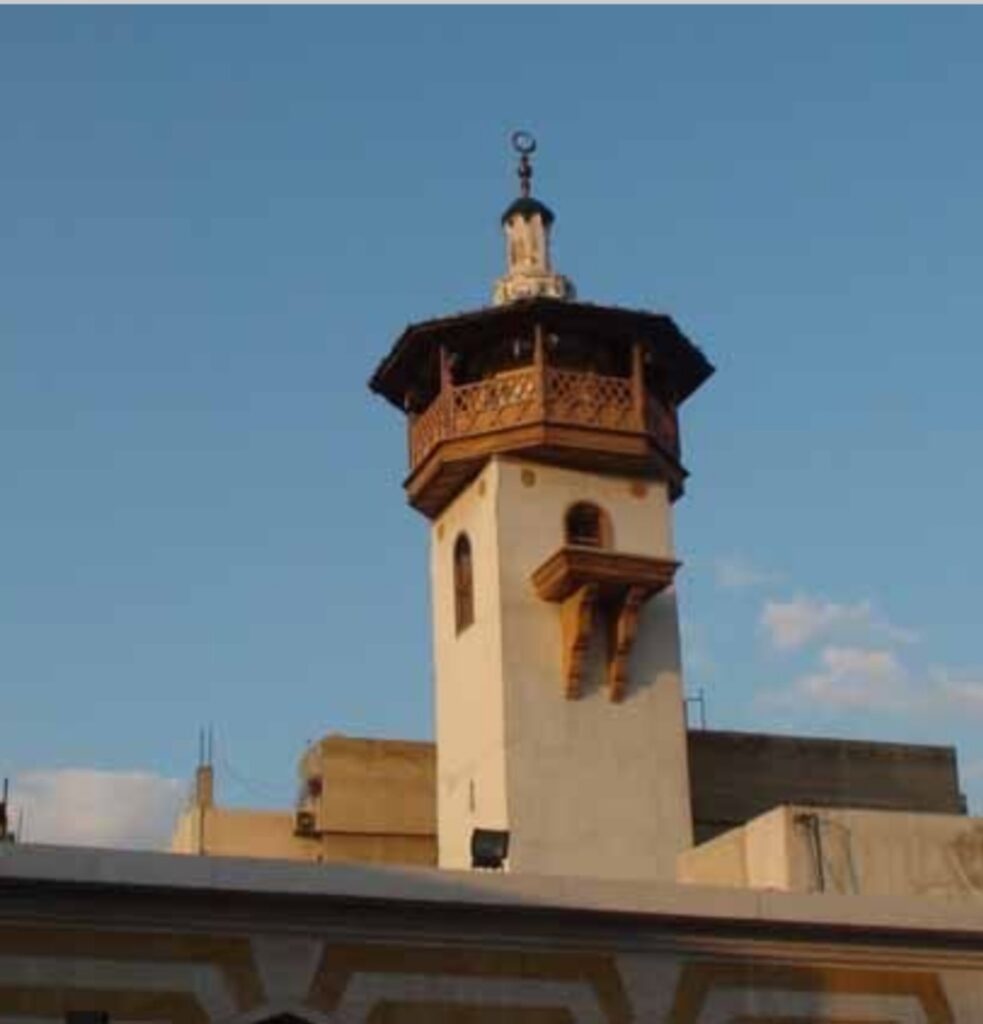The village of Harran al-Awamid takes its name from three basalt columns that have stood defiantly in the plains of Eastern Ghouta since Roman times. These columns once formed the core of a rural temple dating to the first century CE, but successive earthquakes left only these blackened monoliths as silent witnesses to a vanished grandeur. Villagers later repurposed the fallen stones to build earthen homes and a modest mosque, creating a poignant example of the continuity of vernacular architecture.
